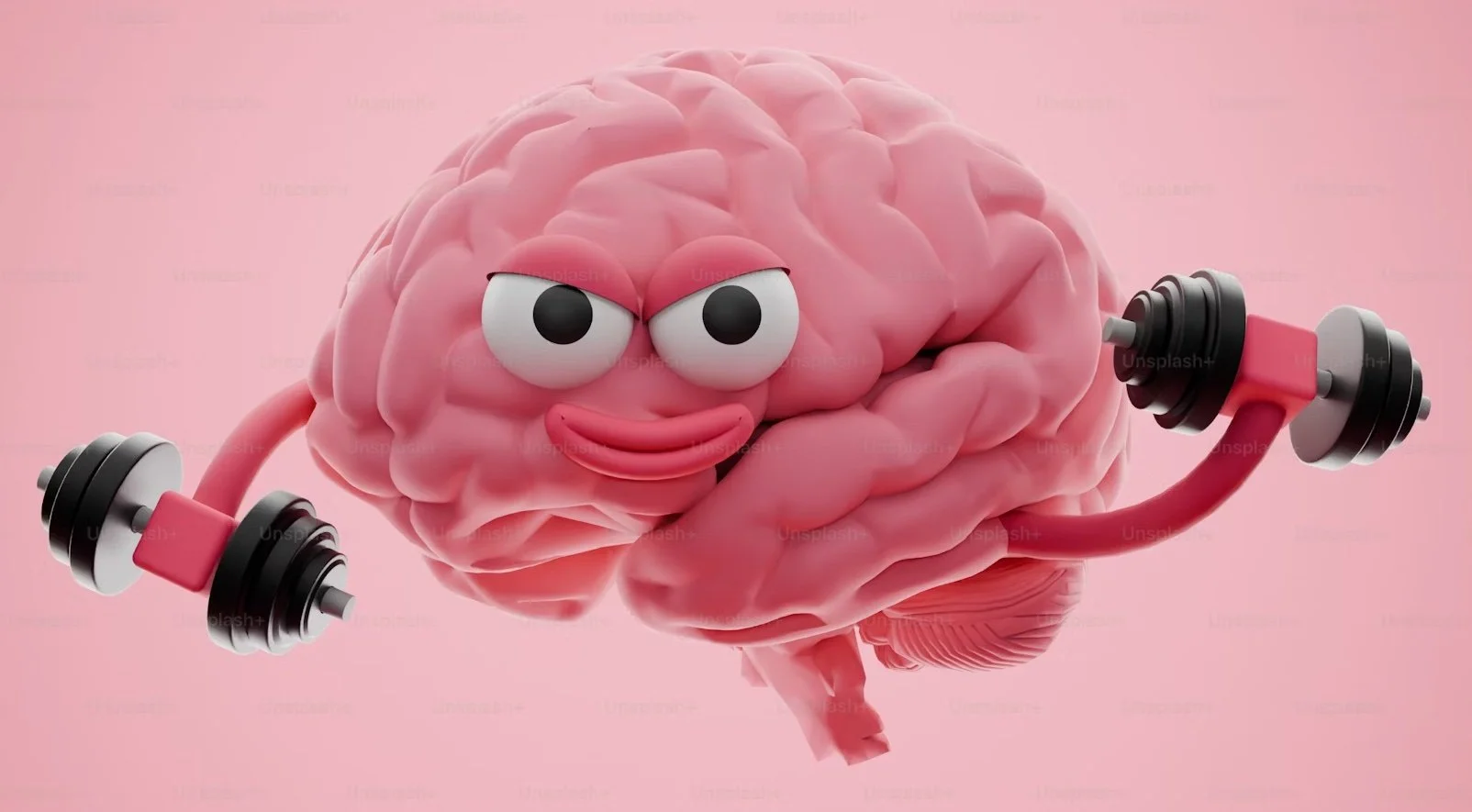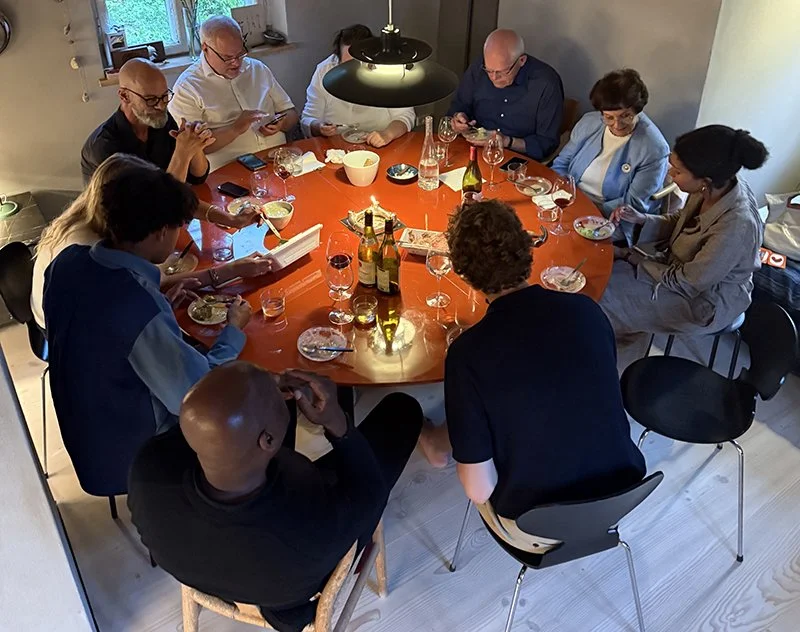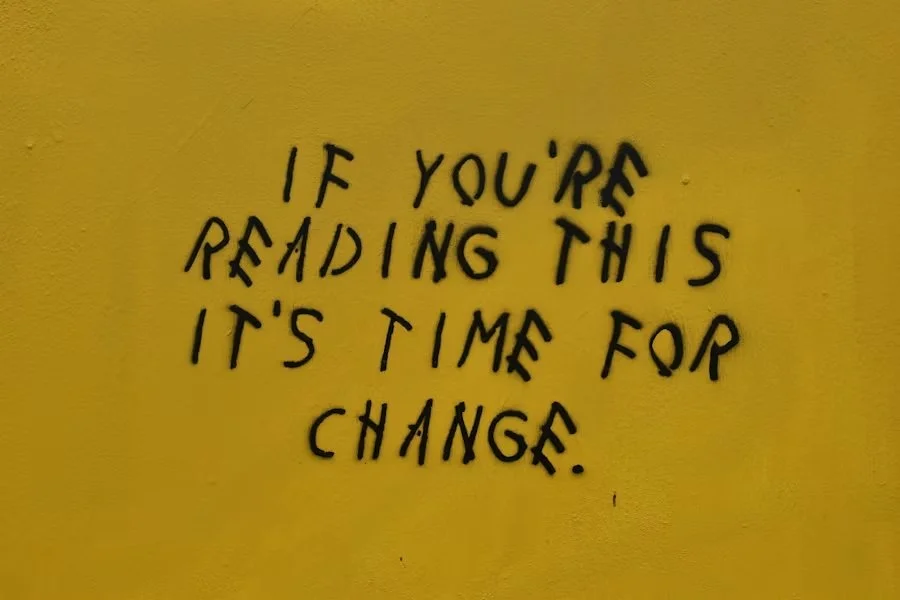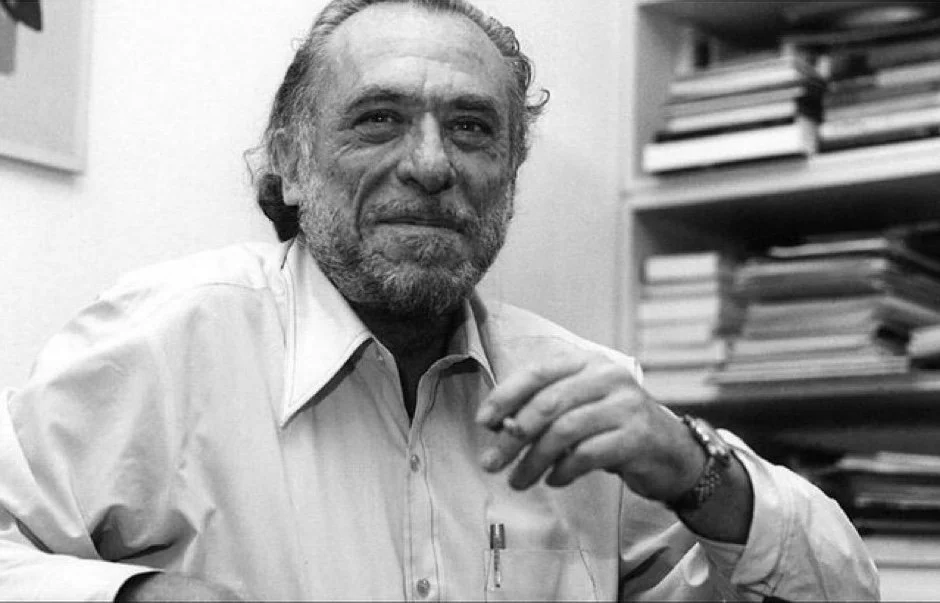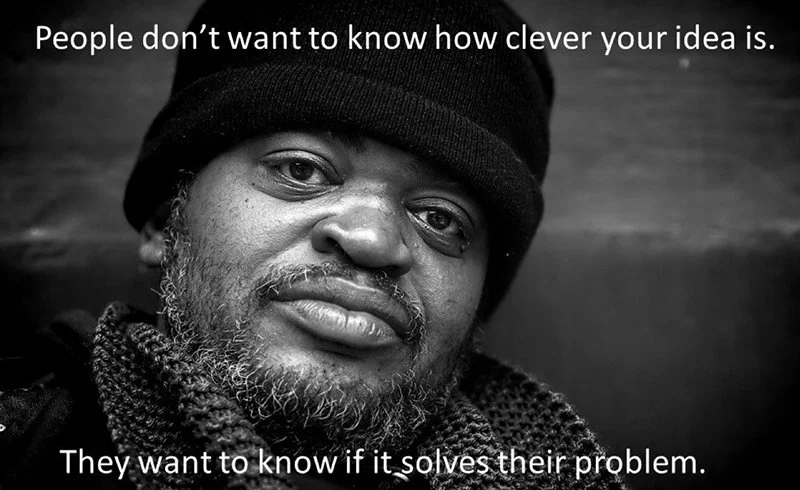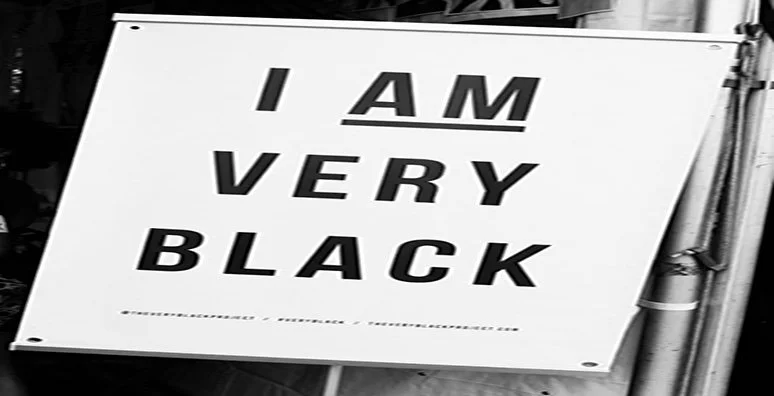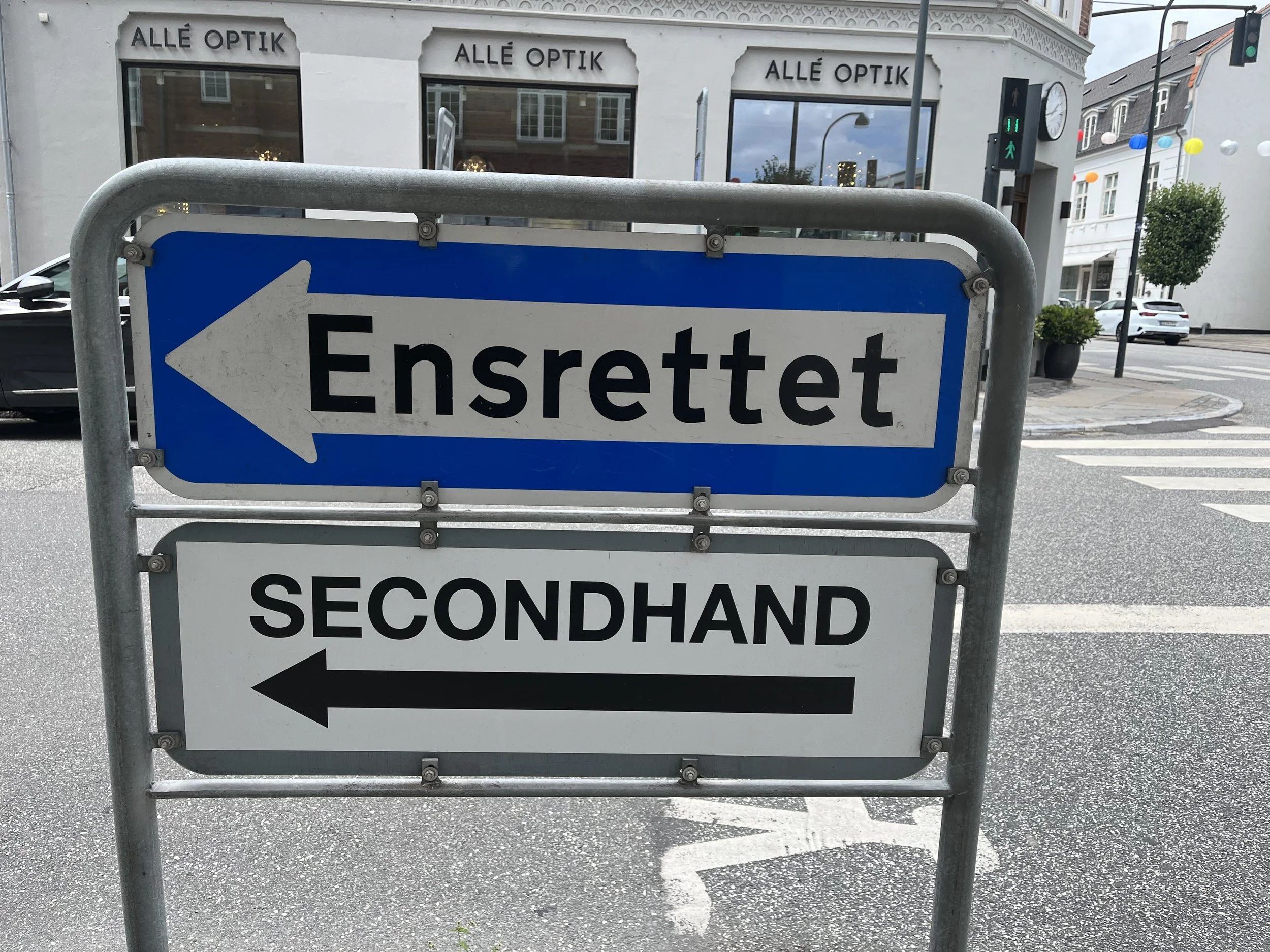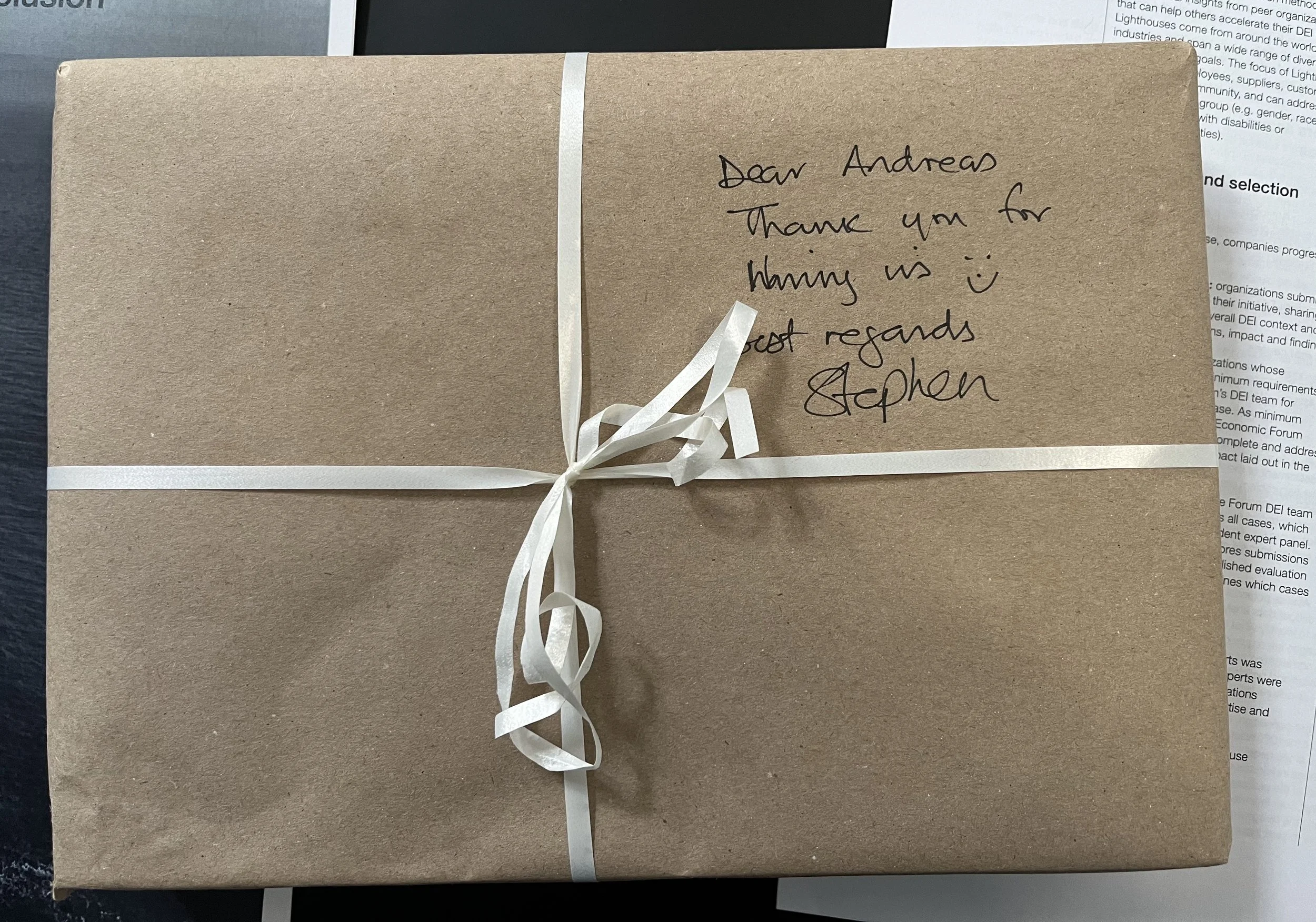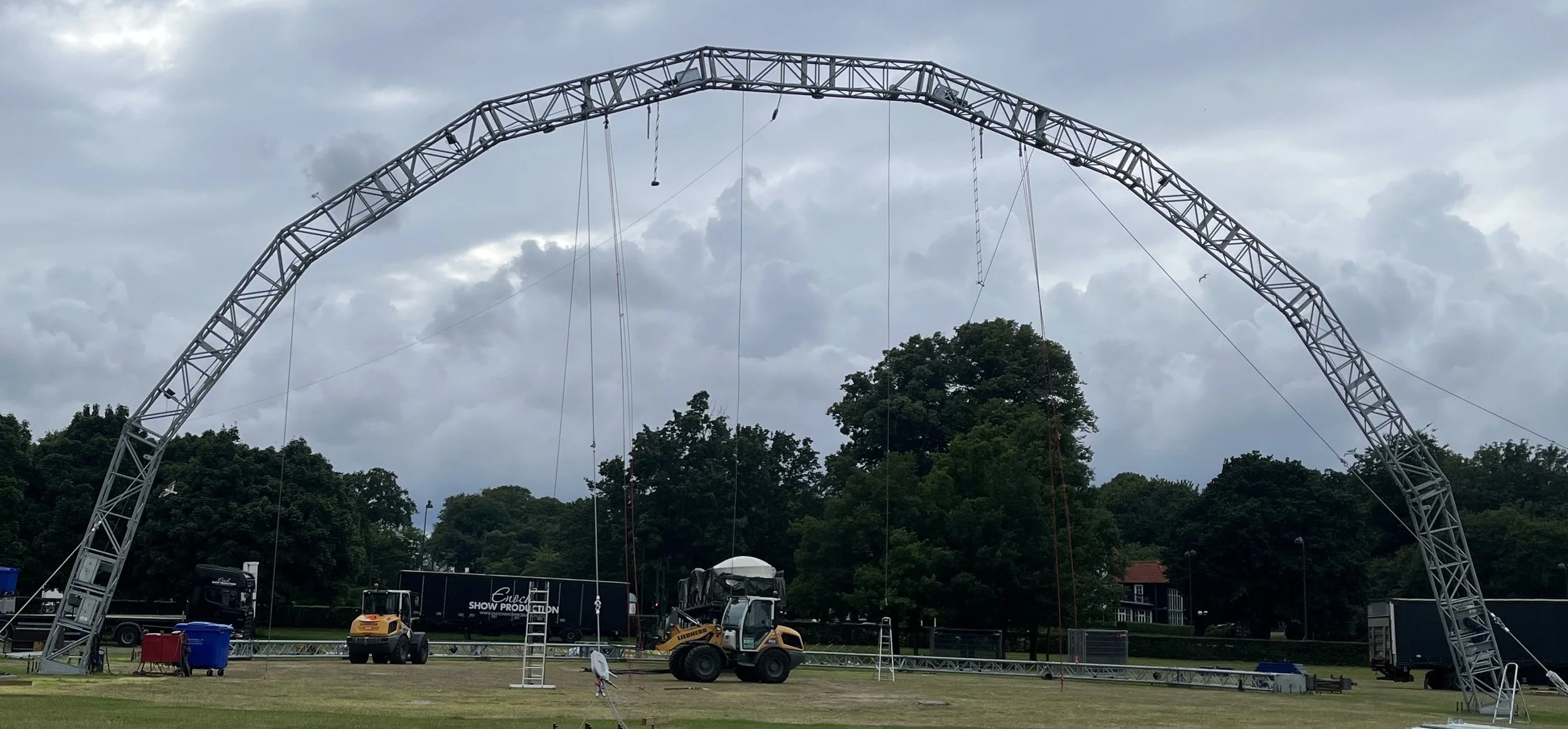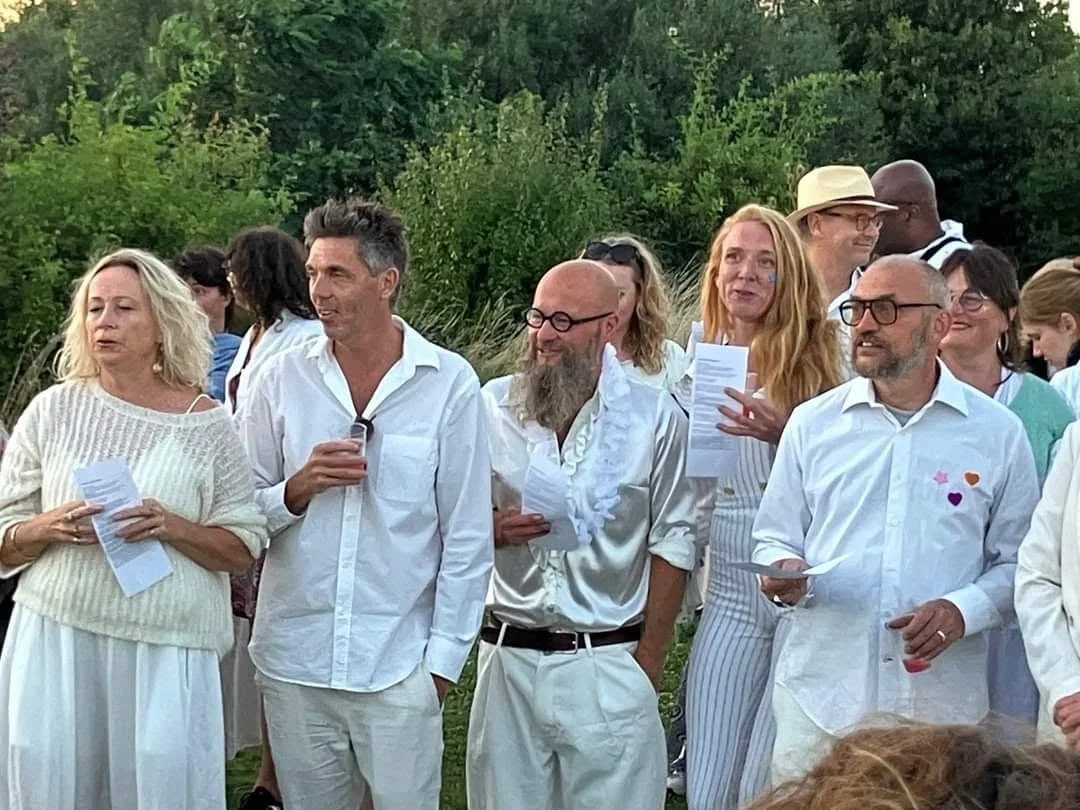Zyanya Citlalli ©
In a world of constant change, uncertainty, and pressure to perform, grounded leadership requires more than just technical skill or vision. It requires deep inner work and a commitment to something bigger than yourself.
I often encourage the leaders I coach to focus on two things:
1. Mastering the mind
2. Serving others
Mastering the mind isn’t just about mental sharpness, it’s about emotional discipline. Leadership will inevitably trigger moments of envy, ego, impatience, or self-doubt. The real challenge is learning to observe those emotions without letting them drive your decisions. I think mastery means developing the inner resilience to choose clarity over chaos, humility over pride, and purpose over impulse. It’s not about perfection, it’s about awareness, regulation, and growth. What do you think?


